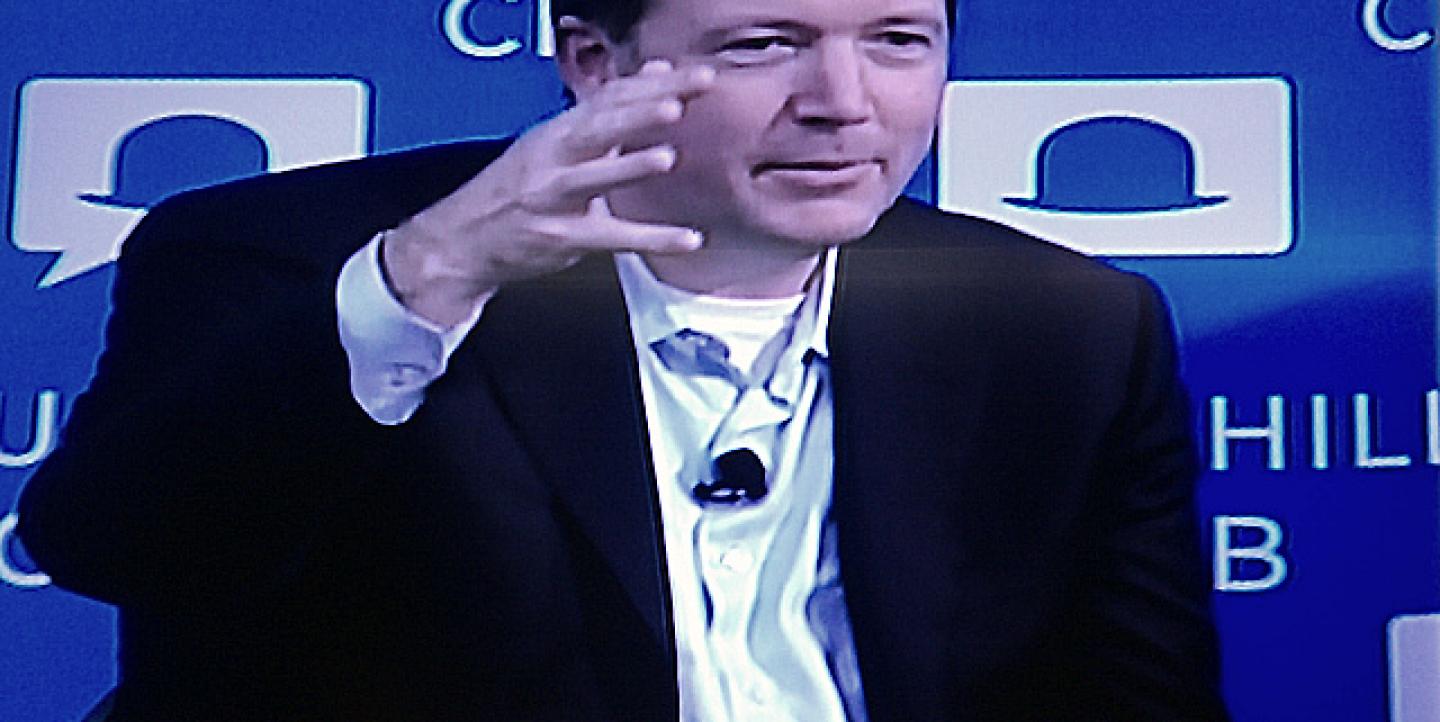Steven VanRoekel, the new Chief Information Technology Officer for the United States, wants to create a "Facebook nation."
In his first public appearance since his appointment in August, VanRoekel launched an initiative to help the government switch to "lean startup mode" that, if successful, could change the way journalists access government information. (Hopefully avoiding $113.680 Freedom of Information requests like this one.)
Dubbed "Future First," among its aims are to bring more transparency and interactivity to the federal government, which outstrips any corporate budget with $80 billion in annual IT spending.
"The American people expect us to use technology to provide the same level of service they experience in their everyday lives. They pay bills online and buy plane tickets on smartphones," he said. "And it’s not just the millennial generation – with 80-year-olds now using Facebook to keep in touch with grandchildren across the country - expectations have reached a critical point even faster than anticipated."
VanRoekel, an affable 41-year-old who joked about speaking without a tie and showed pictures of himself in 1983 with a Commodore 64, addressed members of the Churchill Club at Parc headquarters in Palo Alto.
He's the second person to hold the CIO post and his geek cred goes back far enough to record a stint as Bill Gates' personal assistant.
After about 10 years at Microsoft, VanRoekel headed to the FCC. There, he launched pages specifically for developers to create new apps and ran a public contest for a Mobile Broadband Testing app that earned him a phone call from late Apple co-founder Steve Jobs.
His first steps include consolidating government websites - there are currently 1,700 .gov sites while only about 500 are heavily trafficked, he noted - and standardizing and updating systems across the board, with emphasis on moving from data centers to cloud computing.
Making various systems talk to each other is also a priority that would affect how easy it is to obtain information.
VanRoekel said he had just visited a local branch of the U.S. Geological Survey and found some earthquake data still available only on magnetic tape. As an example of how outdated some systems are, he joked about a college COBOL class coming in handy when reviewing data from the Social Security Administration and that the USDA had 21 different email systems, at cost of $24 per person per month just so employees could "talk to each other." A cloud solution slashed that cost down to just $8.
"The beauty of innovation is it’s an endless resource," he said.

